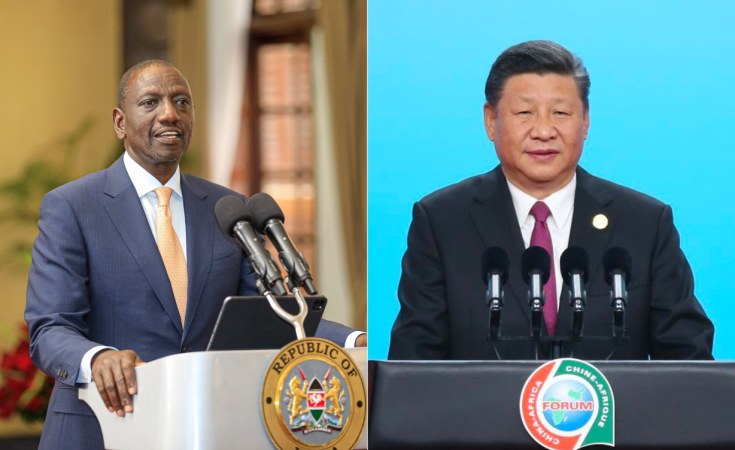Nairobi — Kenyan President William Ruto has called for urgent reform of global institutions, warning that outdated multilateral systems are failing to meet today's challenges.
Speaking to students and faculty at Peking University during his State Visit to China, President Ruto urged China and Africa to reimagine global cooperation to build a more inclusive, equitable future.
Ruto hailed Peking University as a beacon of academic excellence and a historic partner in China-Africa relations, citing the education of over 4,000 African students there since 1956. He lauded the university's collaboration with Kenya's Kenyatta University and invited deeper partnerships in science, technology, and innovation -- particularly in artificial intelligence, biotechnology, and the creative economy.
Ruto's address set the tone ahead of his expected bilateral talks with Chinese President Xi Jinping, where deeper cooperation in infrastructure, education, and innovation are likely to feature prominently.
"Kenya's 'Silicon Savannah' is thriving at Konza Technopolis," he noted, adding that the country's forthcoming National AI Strategy (2025-2030) offers a strong platform for joint innovation with Chinese institutions.
Addressing global shifts, Ruto said Africa and China remain "pivotal partners" bound by history and shared interests. He recalled that China was among the first countries to establish diplomatic ties with Kenya in 1963 and remains Kenya's largest trading partner.
"Our cooperation through the Belt and Road Initiative has delivered transformative projects like roads, ports, and the Standard Gauge Railway," he said.
However, the Kenyan leader expressed deep concern over the state of the post-World War II multilateral system, describing it as "broken and dysfunctional."
He criticized the United Nations Security Council for being dominated by permanent members who often act in contradiction to the Council's resolutions, saying, "It is increasingly illegitimate and resistant to reform."
Turning to the global financial system, Ruto said the Bretton Woods institutions are outdated and unrepresentative of the modern world, having been formed when "two-thirds of today's sovereign states did not exist."
He highlighted four pressing challenges facing the current system: lack of liquidity during crises, inadequate climate and development financing, high cost of capital for poorer nations, and recurring debt crises.
On climate change, Ruto warned that Africa is bearing the brunt of a crisis it did little to cause. He called for a just global response to environmental disasters, particularly those affecting food security and livelihoods on the continent.


